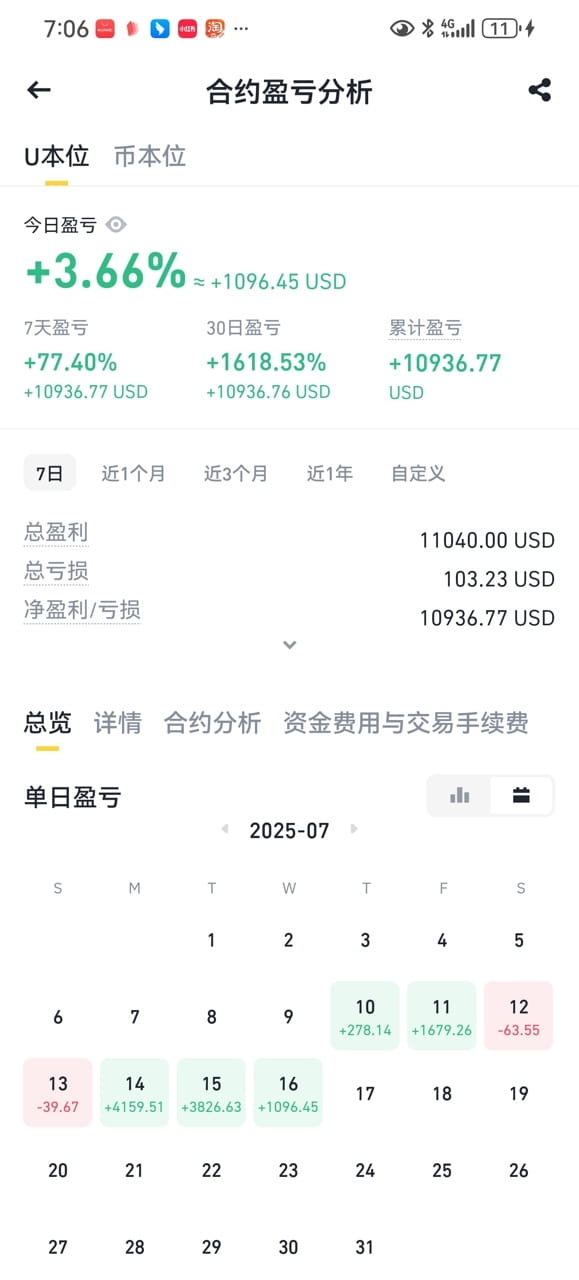Rule 1: Never go all in, your position is your lifeline. In 2018, I went all in on Ethereum, and when the bear market hit, I faced a total loss and could barely afford my rent. Now I understand: never exceed 20% in a single coin, and always keep 50% of your total position in cash. When the market surges, others may profit more, but when it crashes, I can survive. Remember, staying alive gives you the chance to make big money; the outcome of going all in with heavy positions is only two: liquidation or regretting not selling early.
Rule 2: Stop-loss is more important than take-profit. In 2021, Bitcoin dropped from 60,000 to 40,000, and I stubbornly held onto the fantasy of a rebound, watching my account balance shrink from 8 million to 1.2 million. Now I set hard stop-loss lines for each cryptocurrency, cutting losses immediately at 15%. Stop-loss is not admitting defeat; it’s leaving a way out for your capital. The market never lacks opportunities, but it lacks principal.
Rule 3: Don’t touch leverage or contracts at all. In 2020, I played with contracts and 10x leverage, and when Bitcoin suddenly dipped late at night, I was liquidated, losing 3 million overnight. Leverage is the poison of the casino; 10 profitable trades can't compensate for 1 loss. For ordinary people, using leverage is like carrying a torch through a dynamite store; even if you make short-term profits, you will eventually pay it back to the market. Spot trading may be slow, but it allows you to sleep peacefully.
Rule 4: Hype and insider information are traps. Last year, when the metaverse concept was hot, I chased and bought five new coins, only to see the project team pull the rug after a pump, leaving me with just 30,000 from an initial 500,000. 90% of market hype is a carefully designed script by scammers; real opportunities never rely on community calls. Sticking to coins like Bitcoin and Ethereum that have actual value is 100 times more reliable than chasing air coins.
Rule 5: Don’t trust anyone, including your own emotions. Influencers calling trades are often paid, and the 'get rich quick' myths in communities are mostly scams. In 2019, I followed a so-called 'expert' to buy coins, only to find they cashed out at high points while I was left holding the bag. Now I only look at whitepapers, hash rates, and exchange data; I don’t panic when the market drops and don’t get greedy when it rises. Emotions are the biggest enemy in trading.
Trading is not gambling; it’s a game of probabilities. Following these ironclad rules may not make you rich, but it can help you survive longer in this cutthroat market. Remember, those who can achieve stable profits know how to control their desires—wealth is never gained through risk, but through minimizing mistakes.



